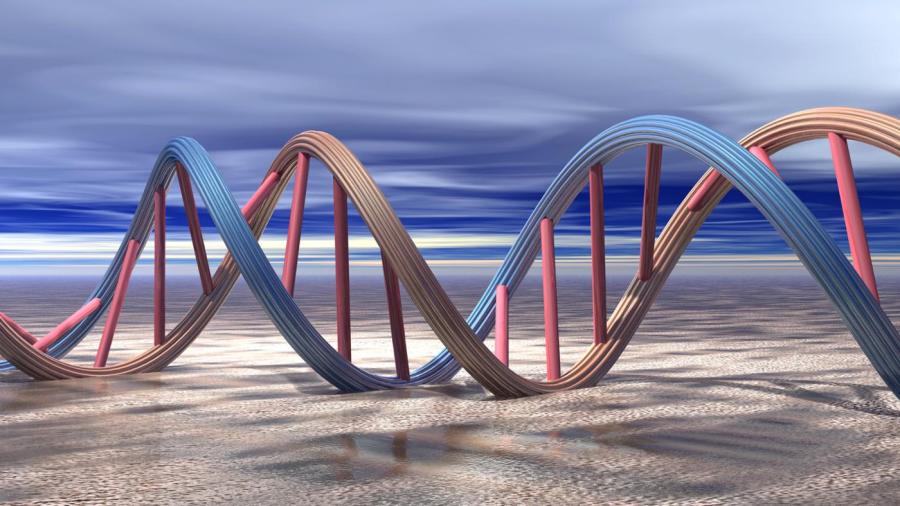Why Does DNA Need to Replicate?

DNA replicates to make copies of itself. This is an indispensable process that allows cells to divide for a living organism to grow or reproduce. Each new cell needs a DNA copy, which serves as instructions on how to function as a cell.
DNA replicates before a cell divides. The replication process is semi-conservative, which means that when DNA creates a copy, half of the old strand is retained in the new strand to reduce the number of copy errors. DNA contains the code for building an organism and making sure that the organism functions properly. For this reason, DNA is often called the blueprint of life. Its function is comparable to a builder using a blueprint to make a house. The blueprint contains all of the necessary plans and instructions for the organism. It brings the information for making a cell’s proteins, which are responsible for implementing the functions of an organism and determining the organism’s characteristics. After reproducing, the cell passes this crucial information to the daughter cells. DNA replication occurs in the nucleus of eukaryotes and the cytoplasm of prokaryotes. The replicating process is the same, regardless of where it takes place. Various kinds of cells replicate their DNA at different rates. Some undergo several rounds of cell division, such as those in a human’s heart and brain, while other cells constantly divide, like those in the fingernails and hair.





